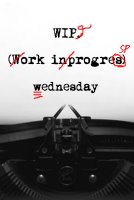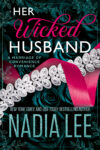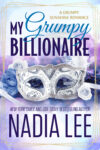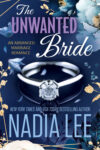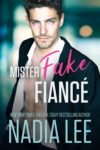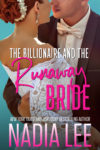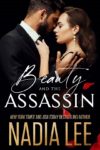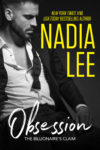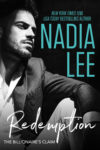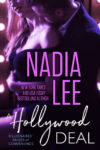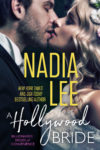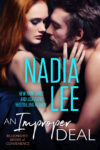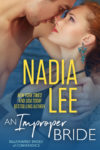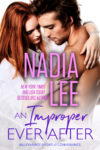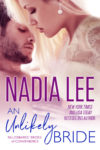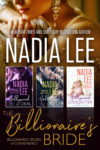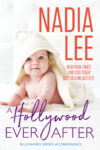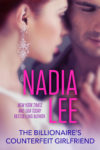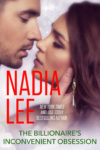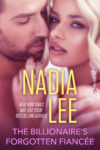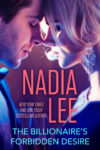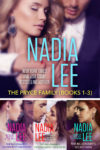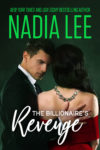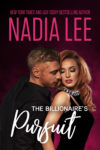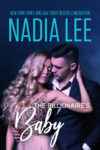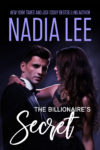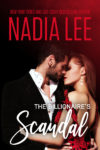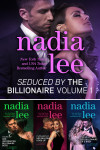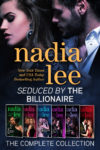22
| Apr 2009 |
As I was revising All the King's Women, I had this feeling that maybe I needed to put more thought into the culture. I'm creating this world where one's status is paramount, but nothing in their language seems to suggest it. Everyone in my book speaks English. By that I mean their language does not reflect their culture and mindset.
For example, in Asian languages, you have honorifics and levels of politeness and formality, and you must choose the correct combination to use. Failing to do so usually means one of two things:
- You're ignorant / uneducated.
- You're deliberately trying to insult the other person.
In Korea, if your speech is too formal and polite for the other person, you're being sarcastic and/or insulting. If it's too informal, you're being insulting or showing your lack of social grace. Furthermore, each level of politeness / formality shows the speaker's relationship to the person she's talking to and the situation. So one person may use one type of speech, while his conversation partner may another. And the same people can use different levels if the situation changes, i.e. work v. social. (It can get very confusing for foreigners…!)
But it makes sense given Korea's history. Social status, occupation, age, gender, etc. were all very important.
So when I looked at my own world, I had to consider its history and what mattered to these people (other than power and sex). They care a lot about social status, proper protocols and the type of relationships they have with one another. So their language needs to reflect this.
Took me about an hour, but I came up with six different levels for my people. The fun part is incorporating them into the story and seeing how my characters can learn so much about the situation and people around them, even strangers, by the way they speak. I just love how things come together.
P.S. No, I didn't invent a new language. It would be cruel and unusual to expect my readers to learn six new dialects to read my story.

